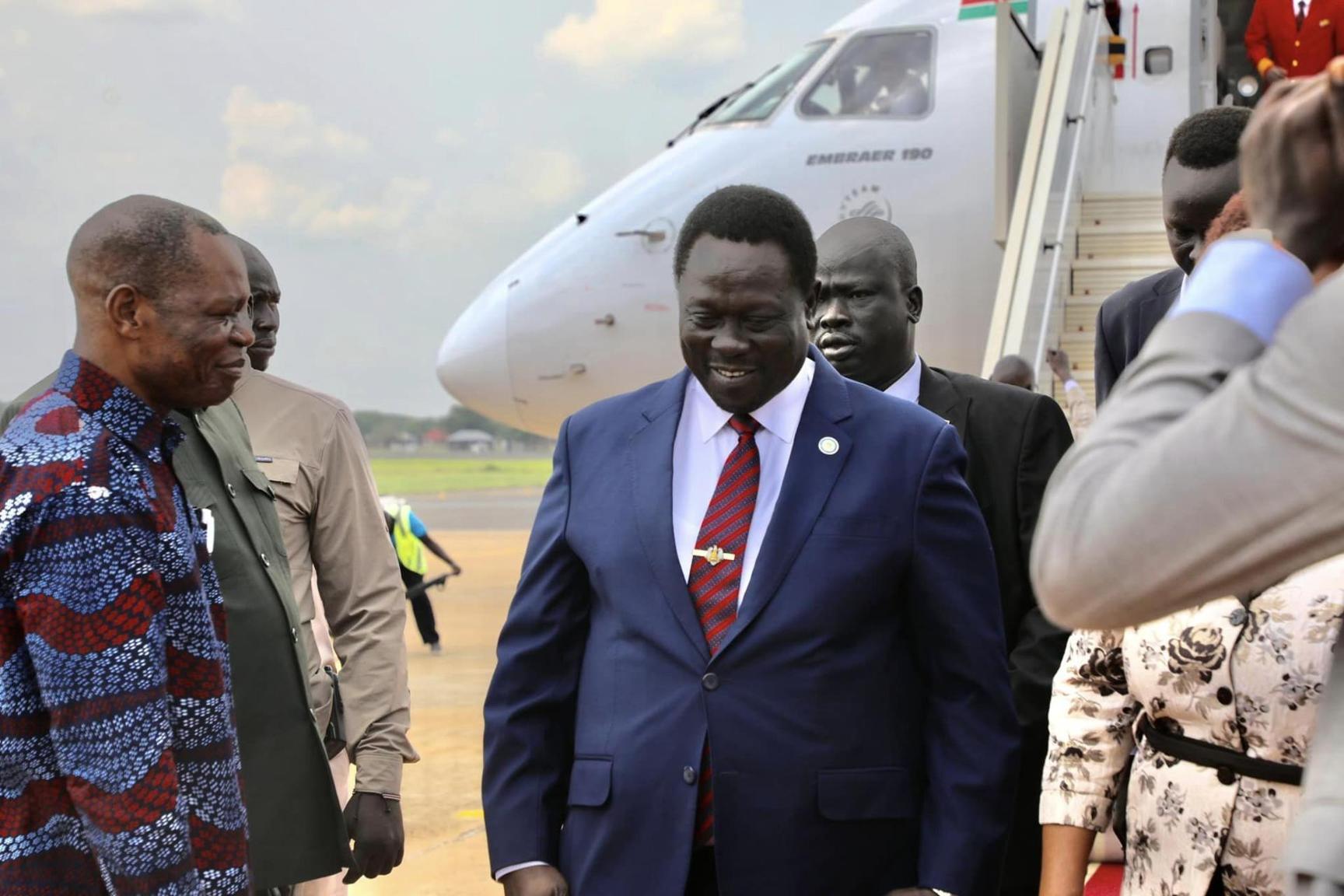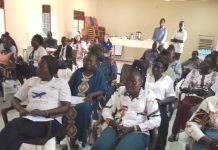Mamer Abraham
Africa-Press – South-Sudan. The government plans to increase intake by enrolling over 2.8 million children, both in primary and secondary schools, said Hussein Abdelbagi, the Vice President for Service Cluster.
Abdelbagi revealed this when he attended the Africa Human Capital Heads of State Summit held in Dar es salaam, Tanzania, and attended by over a thousand delegates representing over 40 countries.
“As a country, we are knuckling down to resolve all these issues along with our plan to enroll more than 2.8 children who are not attending primary or secondary school,” stated the vice president.
He added that the country expected 750 million children to attain school-going age by 2060, but there is expected economic pressure on the government.
“The rapid increase in cohorts of children and young people bestow significant economic pressure on governments in terms of service delivery needs, early childhood development interventions, and sustained investment in accessible and quality education for all, especially girls,” he noted.
Last week, Victoria Kwakwa, the World Bank Vice President for Eastern and Southern Africa, called upon African countries to invest in human capital to eradicate education poverty.
“With our collective leadership, we can make human capital the cornerstone of our countries’ development strategies. I am confident that we will build strong coalitions and allocate the needed resources to ensure a bright future for Africa,” she said.
She stressed the need for equal learning opportunity to all the boys and girls to acquire healthy, skilled and productive skills.
“Future where all girls and boys reach their full potential to grow up well-nourished and ready to learn, attain real learning in the classroom, and enter the job market as healthy, skilled, and productive adults,” she stated.
According to Kwakwa, some African children reach 10 years old without knowledge of alphabets; estimating it at 89 percent of children in sub-Saharan Africa.
Last year, President Salva Kiir introduced free primary and secondary education in public schools across the country for children to freely access education.
In March, he confirmed that his government’s policy towards girl-child education was addressing citizens in Northern Bahr El-Ghazal State.
“Girl child education is a collective responsibility for everyone; let us use this free education to empower girl child education,” Kiir said.
Source: The City Review South Sudan
For More News And Analysis About South-Sudan Follow Africa-Press






